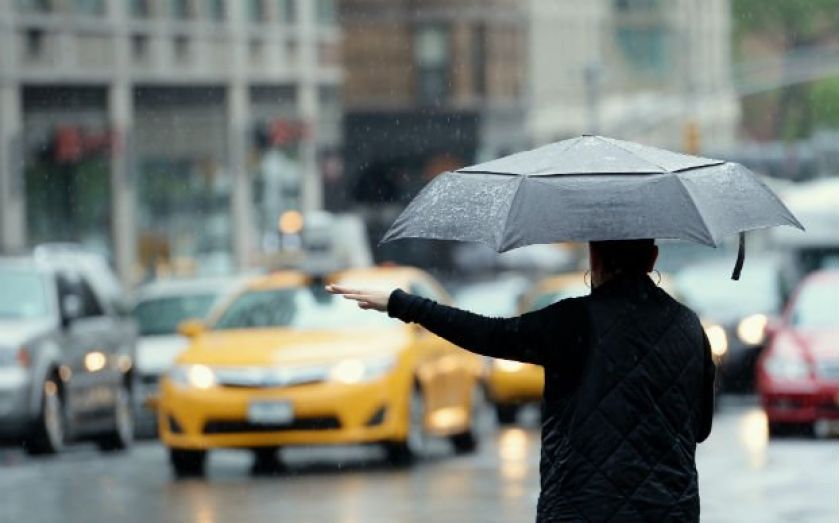Uber surge pricing curbed by New York attorney general

Uber will no longer apply surge pricing to its service during emergencies and other extreme events to avoid falling foul of price gouging laws in the US.
The controversial taxi service hikes fares in line with higher demand, but doing so during incidents such as a hurricane Sandy caused lawmakers to consider the regulations in more detail.
Uber is expected to apply the new policy which caps prices in emergency situations to the rest of the US.
New York attorney general Eric T. Schneiderman said: “This agreement represents the thoughtful application of long-established law to new technology. It provides consumers with critical protections to which they are entitled under the law – and it provides Uber with clarity from government about how the law will be applied to its innovative pricing model.
“This agreement also serves as a model for the kind of effective collaboration that should exist between government and technology companies like Uber. I am particularly proud that Uber is adopting a similar policy nationwide.”
New York’s price gouging law was introduced in the winter of 1978 and 1979 in response to escalating oil prices.
It states that during an abnormal disruption of the market, all parties within the chain of distribution of any essential consumer goods or services are prohibited from charging “unconscionably excessive prices.”
In addition to freak weather occurrences, abnormal disruptions covered by the law also include power shortages, strikes, civil disorder, war, military action and national or local emergencies, which result in a state of emergency.
The price cap will be set at the normal range of prices charged by Uber in the preceding sixty days and will not include the three highest prices charged on different days during that period within the range.
Outspoken Uber CEO and co-founder Travis Kalanick said of the agreement: "This policy intends to strike the careful balance between the goal of transportation availability with community expectations of affordability during disasters. Our collaborative solution with attorney general Schneiderman is a model for technology companies and regulators in local, state and federal government."